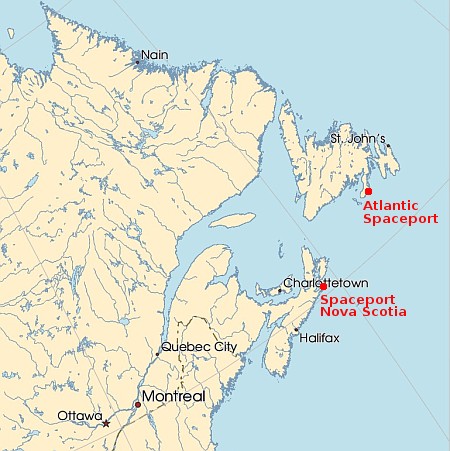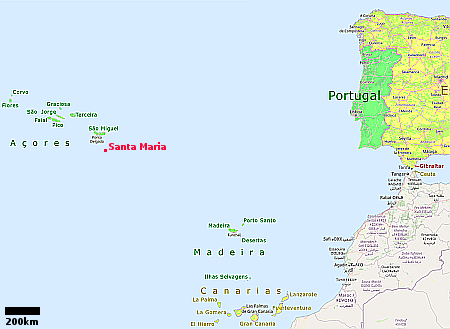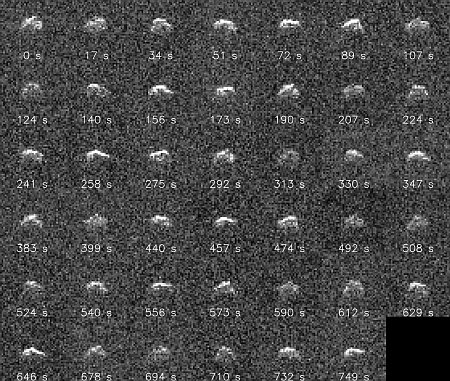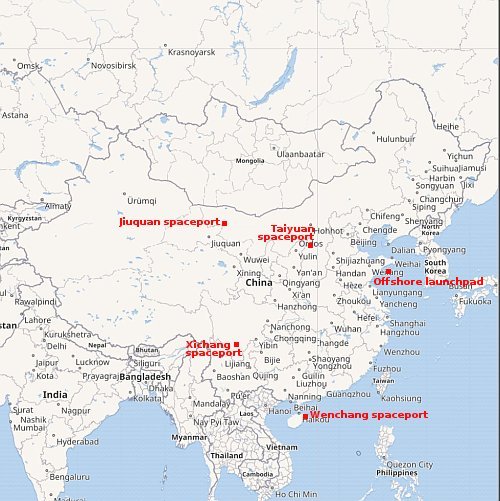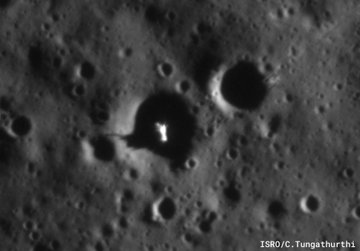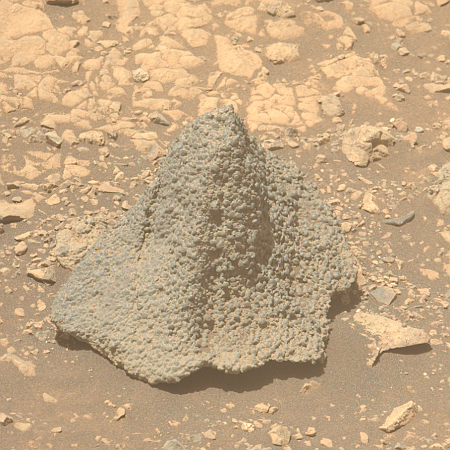Founder of SaxaVord spaceport passes away
Frank Strang, who first proposed the SaxaVord spaceport on the island of Unst in the Shetland Islands in 2017, died yesterday at 67 from cancer, having never seen a single launch from the spaceport almost entirely due to the odious red tape of the United Kingdom.
When Strang announced last month that he had cancer, he also said he hoped to live long enough to see the first launch. The German rocket startup Rocket Factory Augsburg plans its first launch later this year, though this schedule is not firm. Its launch attempt last year was cancelled when the first stage failed during its last static fire test on the launchpad. Whether the UK’s Civil Aviation Authority will issue a launch permit on time remains decidedly unclear.
Frank Strang, who first proposed the SaxaVord spaceport on the island of Unst in the Shetland Islands in 2017, died yesterday at 67 from cancer, having never seen a single launch from the spaceport almost entirely due to the odious red tape of the United Kingdom.
When Strang announced last month that he had cancer, he also said he hoped to live long enough to see the first launch. The German rocket startup Rocket Factory Augsburg plans its first launch later this year, though this schedule is not firm. Its launch attempt last year was cancelled when the first stage failed during its last static fire test on the launchpad. Whether the UK’s Civil Aviation Authority will issue a launch permit on time remains decidedly unclear.

